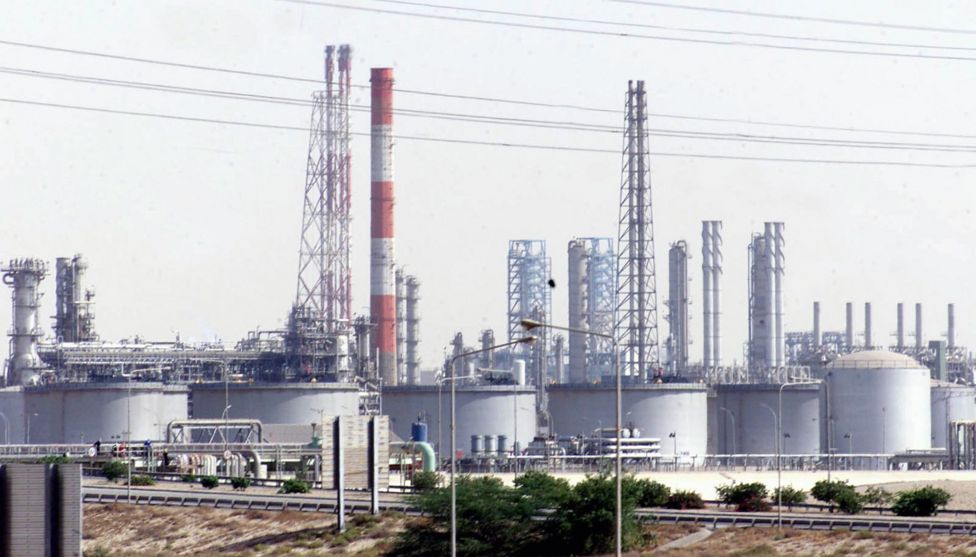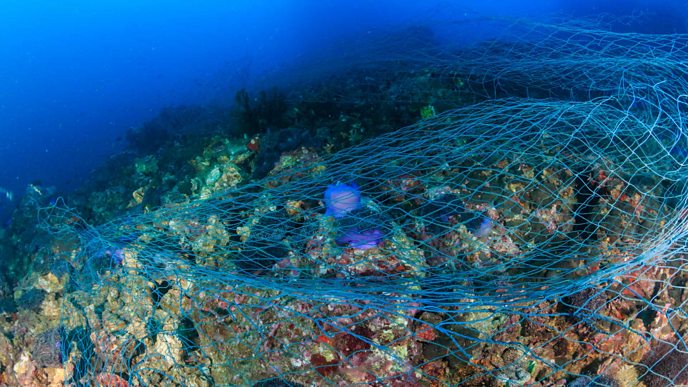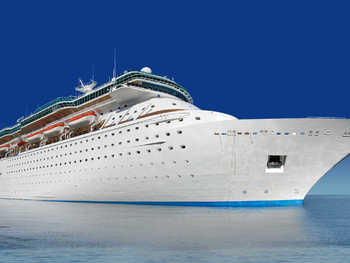Ocean pollution is a pressing environmental issue that poses significant threats to marine ecosystems, biodiversity, and human health. It refers to the introduction of harmful substances, such as plastic waste, chemicals, oil spills, and sewage, into the world’s oceans. This paper aims to provide a comprehensive understanding of ocean pollution, its causes, impacts, and potential solutions to mitigate and prevent further damage.
Causes of Ocean Pollution:
1. Plastic Pollution:
– Single-use plastics and microplastics
– Improper waste management and littering
2. Chemical Pollution:
– Industrial waste discharge
– Agricultural runoff (pesticides, fertilizers)
– Oil spills and leaks

3. Nutrient Pollution:
– Excessive use of fertilizers
– Sewage and wastewater discharge
Impacts of Ocean Pollution:
1. Marine Ecosystem:
– Destruction of coral reefs and marine habitats
– Disruption of the food chain and loss of biodiversity
– Harmful algal blooms (red tides)
2. Human Health:
– Contamination of seafood with toxins and heavy metals
Ocean pollution is a
– Waterborne diseases from polluted waters
– Negative impact on coastal tourism and economies
3. Climate Change:
– Ocean acidification due to increased carbon dioxide absorption
– Disruption of marine carbon sinks

Solutions to Combat Ocean Pollution:
1. Reduce Plastic Waste:
– Promote the use of reusable products and alternatives to single-use plastics
– Implement effective waste management systems and recycling programs
– Raise awareness and educate the public on the impacts of plastic pollution
2. Improve Industrial Practices:
– Enforce stricter regulations on industrial waste discharge
– Encourage the use of eco-friendly production methods and materials
– Support the development of innovative technologies for waste treatment and recycling
3. Sustainable Agriculture:
– Promote organic farming practices and reduce the use of chemical fertilizers and pesticides
– Implement buffer zones and green infrastructure to prevent runoff into water bodies
– Support research on sustainable aquaculture methods to reduce environmental impacts
4. Strengthen International Cooperation:
– Establish and enforce international agreements and regulations to prevent ocean pollution
– Enhance collaboration between governments, industries, and non-governmental organizations
– Share knowledge, best practices, and technological advancements to address the issue globally
The Shipping Problem

Ocean pollution is a significant environmental issue, and shipping is one of the contributors to this problem. Here are some key points about ocean pollution and shipping:
1. Marine litter: Shipping activities generate a significant amount of marine litter, including plastic waste, discarded fishing gear, and other debris. These items can harm marine life through ingestion, entanglement, or habitat destruction.
2. Oil spills: Accidental oil spills from ships can have severe consequences for marine ecosystems. These spills can harm marine species, damage coastal habitats, and have long-term impacts on the environment.
3. Ballast water pollution: Ships often take in ballast water from one location and discharge it in another to maintain stability. This water can contain invasive species, which can disrupt local ecosystems and harm native species.
4. Air pollution: Shipping is a significant source of air pollution, emitting pollutants such as sulfur oxides (SOx), nitrogen oxides (NOx), and particulate matter. These emissions contribute to air pollution and can have detrimental effects on human health and the environment.
Efforts are being made to address these issues. International regulations, such as the International Convention for the Prevention of Pollution from Ships (MARPOL), set standards for the control of pollution from ships. Additionally, many shipping companies are adopting cleaner technologies and practices to reduce their environmental impact.
It is crucial to continue supporting initiatives that promote sustainable shipping practices and raise awareness about the importance of ocean conservation.

ECOBIOTOS DAO


